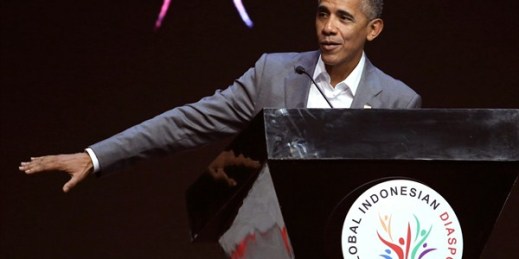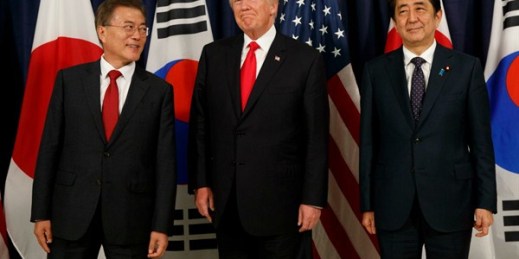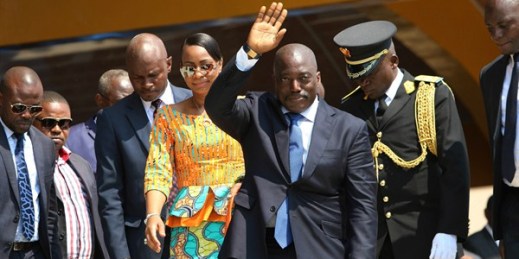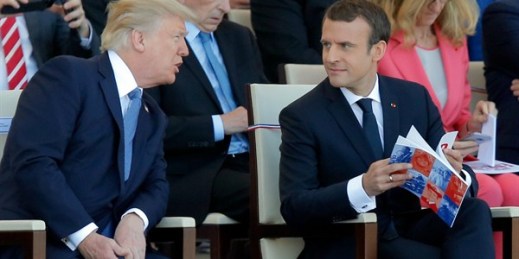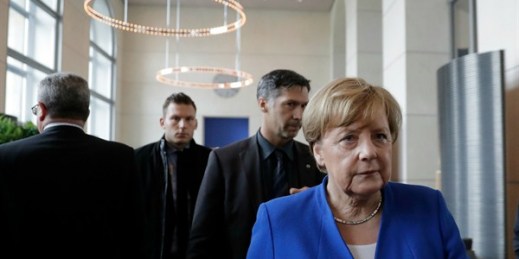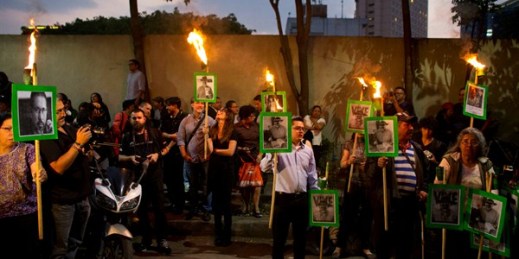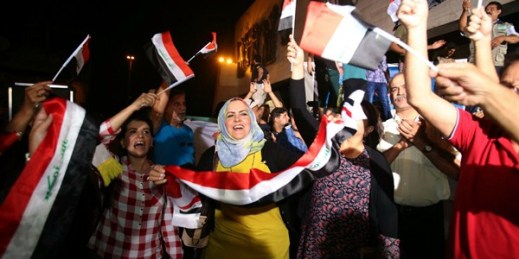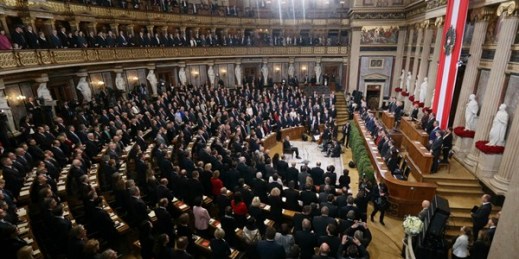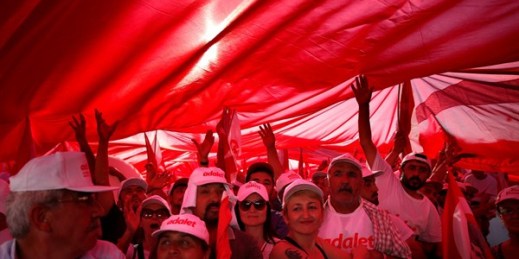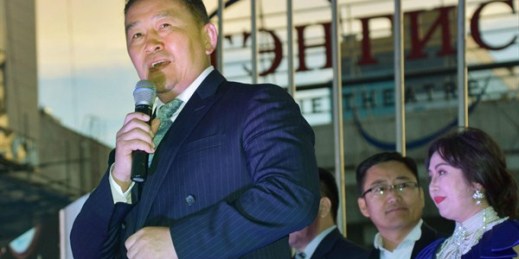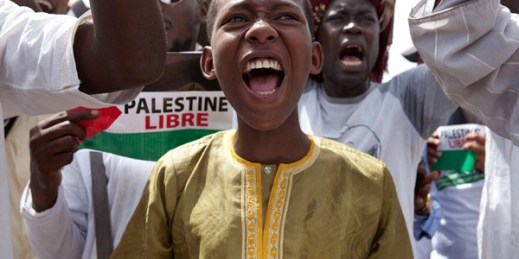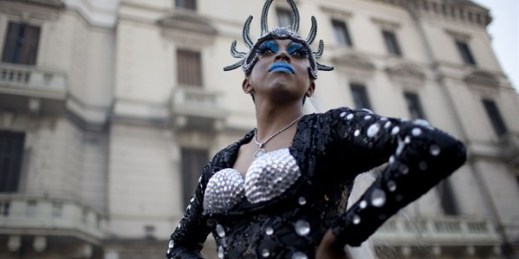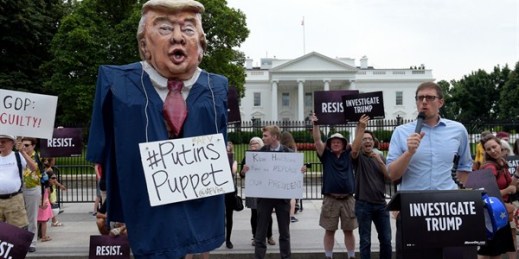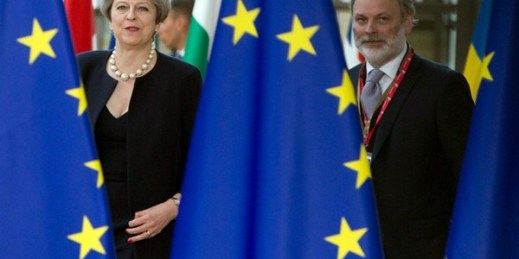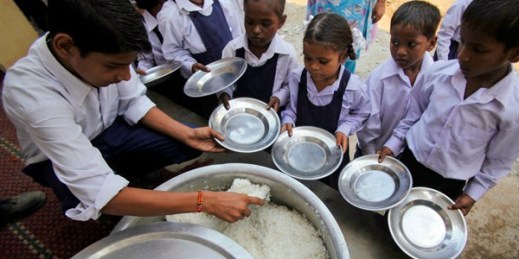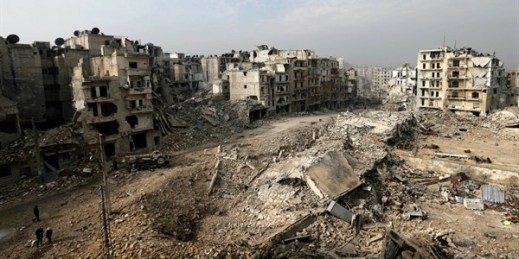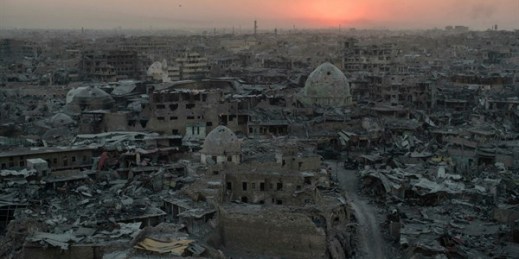
On July 9, Iraqi Prime Minister Haider al-Abadi’s long-awaited announcement finally came: The self-proclaimed Islamic State’s occupation of Mosul, Iraq’s second-largest city, was over. In its wake, the Islamic State left thousands dead, and victory in Mosul, after perhaps the worst urban warfare this century, looked more like devastation. Over a million people were displaced. While the fighting is not over, the eventual outcome—the Islamic State’s defeat in Mosul—is not in doubt. Still, much of the city is in ruins without even the most basic public services, and that’s the good news. The bad news is where things are likely […]

